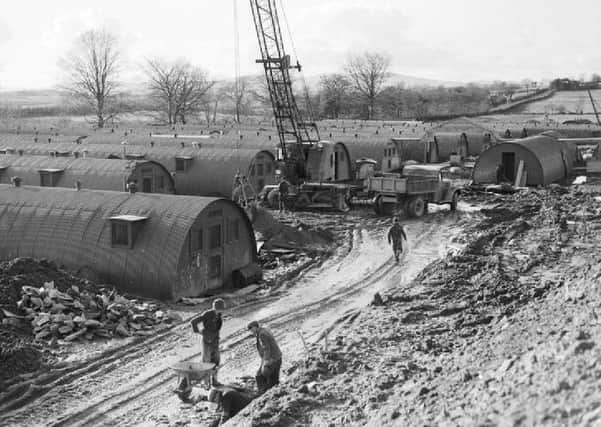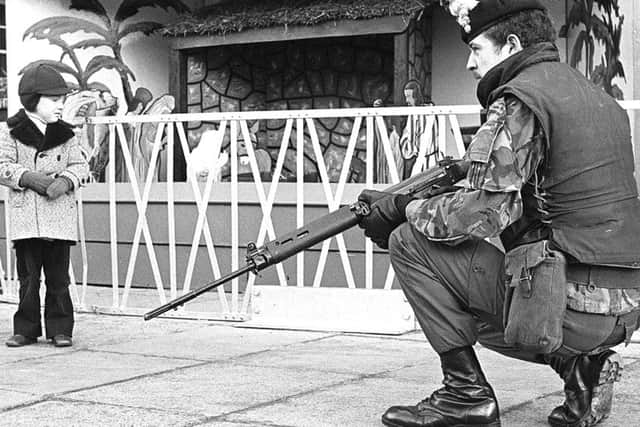Academic finds evidence rogue US servicemen tried to assist IRA


Dr Edward Burke, assistant professor of international relations at the University of Nottingham, uncovered the sailors’ claims whilst compiling material for a new book.
The claims form just one part of a large study, which focuses on what life had been like for British military personnel in Northern Ireland during the 1970s.
Advertisement
Hide AdAdvertisement
Hide AdDr Burke spoke to dozens of soldiers, and also discovered stories about the trauma felt by young British recruits over the abuse they got on the streets from women, and the difficulty they had in bringing themselves to kill people.


Originally from Cork, Dr Burke formerly worked in Afghanistan from 2010 to 2011 as deputy head of the International Police Coordination Board in Kabul.
This meant working together with Nato to try and develop the Afghan forces – an experience which left him with a “great respect” for the British Army.
It also made him interested in the “culture of a small unit”, and in examining how one such unit behaves compared to another – something which is the focus of his book: ‘An Army of Tribes: British Army Cohesion, Deviancy and Murder in Northern Ireland’.
Advertisement
Hide AdAdvertisement
Hide AdFor the book, he spoke to 36 different former personnel – almost all drawn from three battalions of the British Army: 1st Battalion Scots Guards, 2nd Battalion Scots Guards, and 1st Battalion Argyll and Sutherland Highlanders.


He also focused on the years of the early 1970s, simply because they were the most violent of the Troubles.
“I was interested in how they made sense of casualties, how they dealt with coming under fire, how they dealt with having to take life in the UK,” he said.
For example, he said: “In terms of using snipers for example – did they find all their training came readily to them?
“Were they able to, if necessary, take life easily?


“I found the answer was no.
Advertisement
Hide AdAdvertisement
Hide Ad